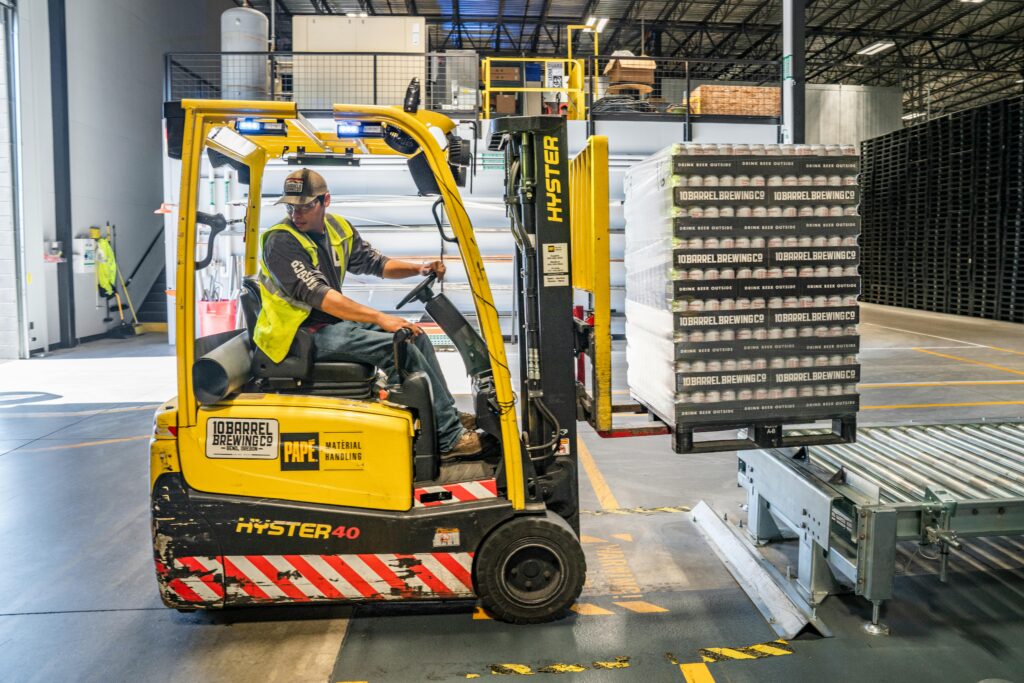Written by Saifullah Khan | Study Abroad Freelance Consultant | Updated May 2025

Ausbildung in Germany 2025
When I first learned about Germany’s dual vocational training system, I was honestly surprised and couldn’t believe that more people were not talking about it. In the world today, university degrees are overrated and pushed as the only path to success; but I believe that Germany offers a practical and incredibly effective route — one that not only educates you but also pays you while you study. In my opinion, it is the best opportunity for those who claim that they can’t afford to complete education due to financial constraints.
If you aspire to study abroad and looking for a hands-on career path that is both insanely affordable and internationally recognized, Germany’s vocational training might be the chance you’ve been waiting for. Lets get into it.
What Exactly is Vocational Training in Germany?
This particular vocational training that we are discussing is called Ausbildung. It is a well-structured program that combines theoretical learning in classroom with practical training at a company. Thus, it enables you to gain bookish knowledge along with real-world experience, allowing you to feel the essence of your chosen field. By the way it is ancient method of pursuing a vocation.
- Program timeline: Now lets discuss the program timeline. Ausbildung course typically range from 1.5 to 3.5 years, depending on the profession.
- Timetable: What about the schedule? After enrolling in a program, you would be spending part of a week in a vocational school called Berufsschule and the rest working for a company as a paid trainee.
- The fields are diverse: Auomotive, construction, IT, healthcare, hospitality, logistics, engineering, mechatronics and so on.
- Who can apply? International students from all over the world and apply. Germany, just like other European countries, is actively encouraging international applicants due to the country’s growing economy and demand for skilled workers.
Why Consider Germany’s Ausbildung?
Following are the main reasons why most international student pursue vocational training in Germany:
No Tuition Fees
Just like public schools and universities in Germany, most Ausbildung programs are free of charge. The only cost that you might have to cover is administrative cost of admission documentations.
Monthly Salary
Now, this is the best part of vocational training in Germany: you get paid while you learn. It makes a significant difference because you are able to support yourself financially. Apprentices typically earn between €800 to €1,200 per month, depending on the program.
Best Route to a Permanent Job
I personally know a number of my students who were permanently hired by the very company that trained them. This is because the company has invested time and resources in your development, and if you are competent enough, they don’t want to lose you.
Permanent Residency
Once you have arrived in Germany and completed your vocational training, you can apply for permanent residency. Germany has laid clear legal pathways for residency permit. And let me tell you that Germany is one of the easiest country to become citizen after you have legally resided in it for 4 years.
Basic Requirements
- Secondary School Certificate
You should have a minimum of 12th grade education. Some companies do require 13th grade. - German Language Proficiency
This is the most difficult requirement to fulfil for many students. You should have at least B1 level certificate in German Language. Some professions like healthcare requires B2 and above. - Ausbildung Contract
This is the Contract with a Company in Germany. - Financial Resources
You would have to deposit enough financial resources to support yourself in the initial months, until your salary kicks in. - A Valid Ausbildung Visa
When you have acquired Ausbildung contract and financial resources, the nest step would be visa approval from the German embassy in your country
How to Apply
The application process is long and typically takes between 6 to 12 months before the training starts. Applications are accepted throughout the entire year, but it sees surge in August and September.
- Start Learning German
Acquire at least B1 level in German language - Prepare Your Documents
1. Translate school certificates into German and verify it
2. CV in German
3. Motivation letter - Find a Training Program
Use platforms like Ausbildung.de, Jobbörse.de, and Make it in Germany - Apply Directly on Companies Websites
Many companies advertise positions on their websites. Identify these companies and regularly visit their page - Visa Application
Once you have a contract , Apply for an Ausbildung visa at your nearest German embassy
Conclusion
Vocational training in Germany is changing lives of international students around the world. it offers a chance to move to Germany, gain a real skill and earn a living. it allows you to build a career in one of the Europe’s largest economy.
If university never felt a right fit for you, and you’ve always wanted to learn something practical, then this is the path for you. Whether you want to become an automotive mechanic, a nurse, an IT specialist or an electrician, Germany might just be the place for you to start your journey.
About the Author
Saifullah Khan is a freelance study abroad consultant with over 9 years of experience. guiding students toward international education opportunities in Europe, Canada, USA and Australia. Before this, he has been a teacher in high school. It was there he started his career by volunteering in career counseling for students.




I’m gonna start learning German then, I guess
My cousin availed this opportunity pervious month. This post is as accurate as it could be.
very good….
Great article on ausbeldung i must say
I am intersted
I just read and I found it very informative thank for sharning
I tried a similar method and it work for me too and keep up the good work looking forward to your next post